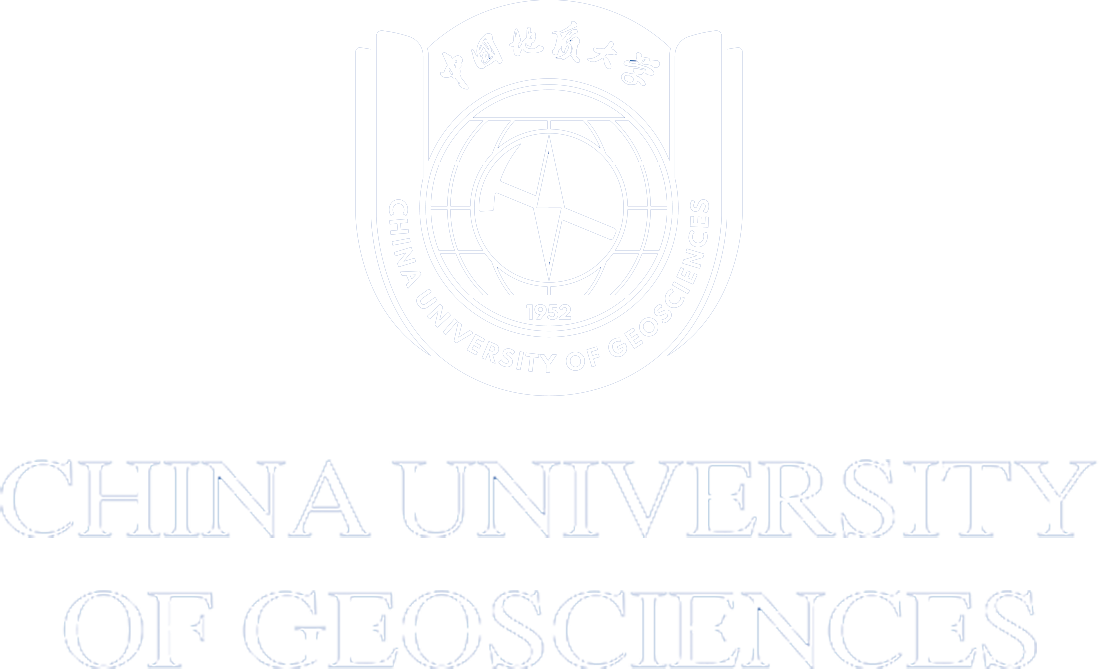1. Major Introduction
This major is set up to adapt to the shortage of conventional oil and gas resources and the rapid development of unconventional new energy. This specialty began to recruit students in 2011 and was officially listed as a national specialty in the same year. This major is to train students to become engineers or technical talents who have initial capacities for comprehensive mineral analysis of geological characteristics and distribution of energy resources and can follow their professional career in energy and mineral exploration, resources assessment, development and management energy resources. This specialty emphasizes the combination of "general education" and "professional education", which aims to help students in their employment and their pursuit for further studies. Graduates will have the ability to be engaged in technical or management work in enterprises, universities, institutions, and government departments related to energy and mineral resources.
2. Academic Objectives
The goal is to train technical talents who have mastered geological exploration, planning and management of projects related to new fossil energy and conventional oil and gas resources, such as coalbed methane, shale gas, oil shale and oil sands. Students will systematically learn basic theories, methods and skills of resources exploration engineering (including new energy resources and conventional oil and gas resources), and they will have the ability to evaluate and manage new energy resources with modern resources outlooks. After 5 years of practical work, we expect the graduates to have qualified geological engineer qualities and abilities and become technical backbones or leaders in manufacturing plants or research teams.
3. Academic Requirements
The major of Resources Prospecting Engineering (New Energy) focuses on the exploration, development and management of unconventional fossil energy to enable students to have the knowledge and ability to solve problems in geological exploration and development engineering technology of fossil energy. To meet the training objectives, students should love our country, support the leadership of the Communist Party of China, love serving our motherland and the people, and have good moral, social and professional ethics. Also, students need to meet specific training requirements as well as the requirements set forth by the Chinese Engineering Education Accreditation Association (CEEAA) in the 2015 guidelines. Details are as follows:
(1) Engineering Knowledge and Problem Analysis: Students should possess and be able to utilise knowledge of mathematics, natural science, and fundamental engineering to identify, articulate, analyse, and solve complex problems in Resource Exploration Engineering (hereafter REE) and derive useful conclusions. (Requirements #1 &2)
(2) Designing and Developing Solutions: Students should be able to utilise modern exploration technologies, including geological, geochemical, geophysical knowledge, to design solutions for complex REE problems. The design shall satisfy the processes and regulations on REE, and be creative and considerate of social, health, safety, legal, cultural, and environmental ramifications. (Requirement #3)
(3) Research: Students should be able to use scientific mechanisms and processes to do designing, collect data, analyse data and draw reasonable or valid conclusions in complex lab experiments in REE.
(4) Utilisation of Modern Tools: Students should be able to develop, choose, and use relevant technologies to solve complex REE problems. They should be able to use modern engineering tools, information technological tools, and professional software, including modelling and projecting. They should understand the limitations and applications of these tools (Requirement #5)
(5) Engineering and Society: Based on basic engineering knowledge, Students shall analyse and understand the effects of REE solutions on society, health, safety, legislation, and culture. They shall understand their responsibilities (Requirement #7).
(6) Environment and Sustainability: Students should be able to explore research, designing, production, environmental protection, sustainability, policy and legal issues in the field of REE. They should be able to understand and evaluate the long-term impacts of Energy Exploration and Development on the environment and society.
(7) Career Development and Teamwork: Students should have a sound understanding of social sciences, a strong sense of social responsibilities, and a healthy body. They should abide by professional ethics and norms, and fulfill professional duties under practical REE settings. Each student should be able to work as an individual, a team member, or a group leader in inter-disciplinary settings. Strong teamwork skills are an asset. (Requirement # 8&9)
(8) Communication: Students will be able to communicate effectively about complex REE issues with international counterparts and the general public through writing papers or reports and delivering speeches at conferences. They need to possess a global vision and the ability to open international communications or exchanges (Requirement #10).
(9) Project Management: Students should thoroughly understand the management mechanisms and economic decision-making tools relevant to REE, and be able to utilize such skills in multi-disciplinary settings (Requirements #11) .
(10) Lifelong Learning: Students should possess innate the desire for lifelong continuous learning and the ability to adapt to changes (Requirement #12).
4. Length of Schooling and Degree
The length of schooling is four years of full-time study. Students will be awarded the Bachelor Degree of Engineering when they have completed the required minimum credits and have met all other requirements.
5. Core Courses
Specialized Core Courses: Coal Geology, Coalbed Methane Geology, Geothermal Geology and Resources, Unconventional Gas Reservoir Engineering, Unconventional Hydrocarbon Exploration Engineering, Petroleum Geochemistry, Principle and Geological Interpretation of Seismic Exploration, Fluid Geology of Unconventional Energy Resource, Geophysical Well Logging and Interpretation, Rock Mechanics, Technical and Economic Evaluation of Petroleum, Geology of Coal-bearing and Petroliferous Basins, Sedimentary Environment and Facies, Specialty English for Resource Prospecting Engineering.
Practice Courses: Geological Survey Field Trip in Beidaihe, Geological Survey Field Trip in Zhoukoudian, Geological Interpretation of Seismic Profile Design Practice, Course Design of Well Logging Data Interpretation, Unconventional Gas Geology and Comprehensive Design Practice, Professional Practice, Microscopic Characterization and Appraisal of Unconventional Reservoir, Graduation Design (Thesis).




 Address
Address
 E-Mail
E-Mail
 Telephone
Telephone